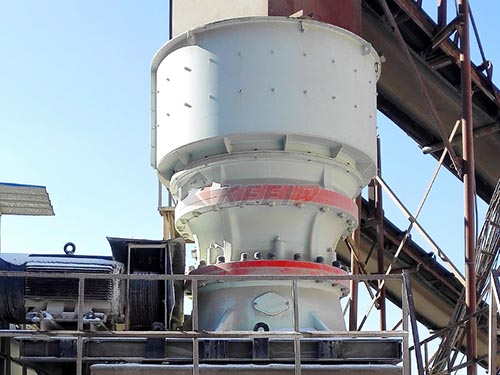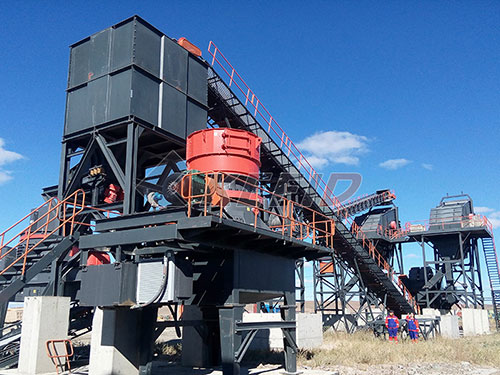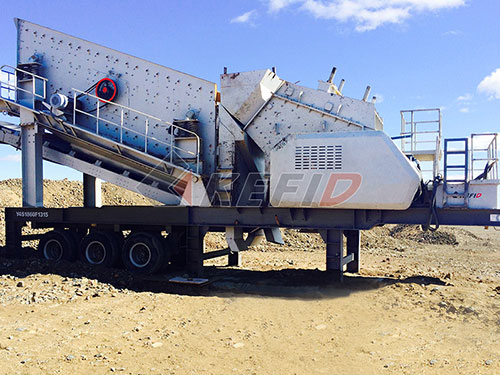Gyratory Crusher Investment In Brazil
Strategic Investment in Gyratory Crushers: Powering Brazil's Mining Ascendancy

Brazil stands as a titan in the global mining landscape. Blessed with immense reserves of iron ore, bauxite, nickel, copper, gold, and increasingly critical minerals like lithium and rare earths, the nation represents a cornerstone of global resource supply chains. As mining operations strive to meet escalating global demand while navigating deeper orebodies and lower grades, the efficiency and robustness of primary crushing become paramount. Within this context, strategic investment in gyratory crushers emerges not merely as an equipment choice but as a critical lever for enhancing productivity, reducing operational costs per tonne processed, and ensuring long-term project viability across Brazil's diverse mineral provinces.

The Brazilian Mining Engine: Scale Demands Efficiency
Brazil's mining sector is colossal:
Iron Ore Dominance: Home to Carajás – one of the world's richest iron ore deposits – Brazil consistently ranks among the top global producers and exporters.
Bauxite Powerhouse: Possessing vast reserves crucial for aluminum production.
Diversification Drive: Significant investments are flowing into copper (e.g., Salobo expansion), nickel (e.g., Barro Alto), lithium exploration in Minas Gerais and Ceará, and gold projects across Pará and Goiás.
Infrastructure & Scale: Major players like Vale operate some of the world's largest open-pit mines requiring massive material handling capacities measured in hundreds of thousands of tonnes per day.
This sheer scale inherently demands primary crushing solutions capable of handling enormous throughputs reliably under punishing conditions. Operations processing vast tonnages quickly encounter limitations with traditional jaw crushers when feed sizes are large (>1m) and continuous high-capacity crushing is non-negotiable.
Why Gyratory Crushers? The Technical Edge for Large-Scale Brazilian Operations
Gyratory crushers offer distinct advantages perfectly aligned with the needs of large-scale Brazilian mines:
1. Unmatched Capacity & Throughput: Gyratories inherently handle larger feed sizes than comparable jaw crushers and achieve significantly higher throughput capacities – often exceeding 10,000 tonnes per hour in primary applications. This volumetric efficiency is critical for mega-mines aiming to maximize output from each processing line.
2. Superior Reduction Ratio: They deliver higher reduction ratios consistently at high tonnages compared to jaw crushers designed for similar feed sizes. This means fewer crushing stages may be required downstream or more material can be reduced optimally in a


